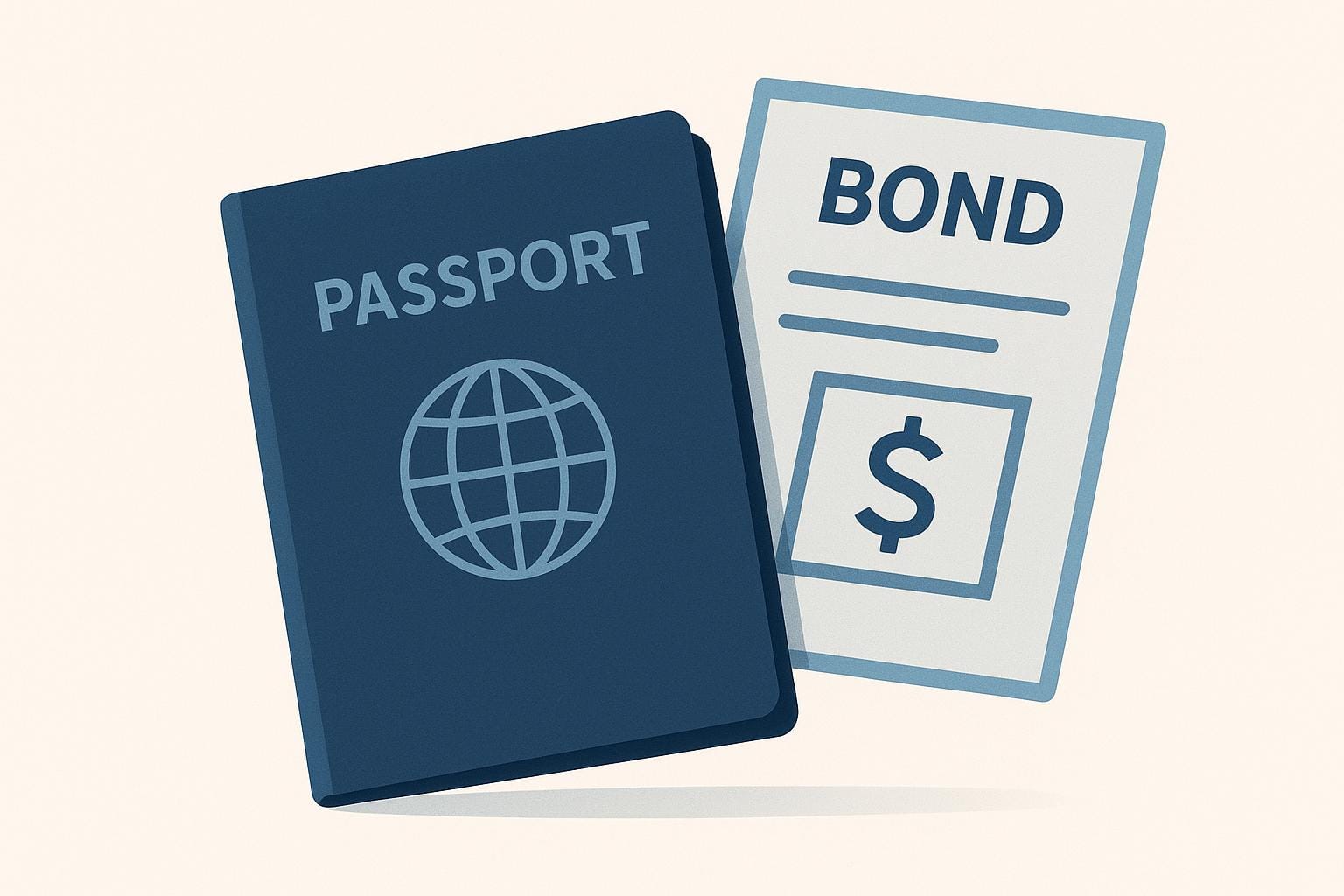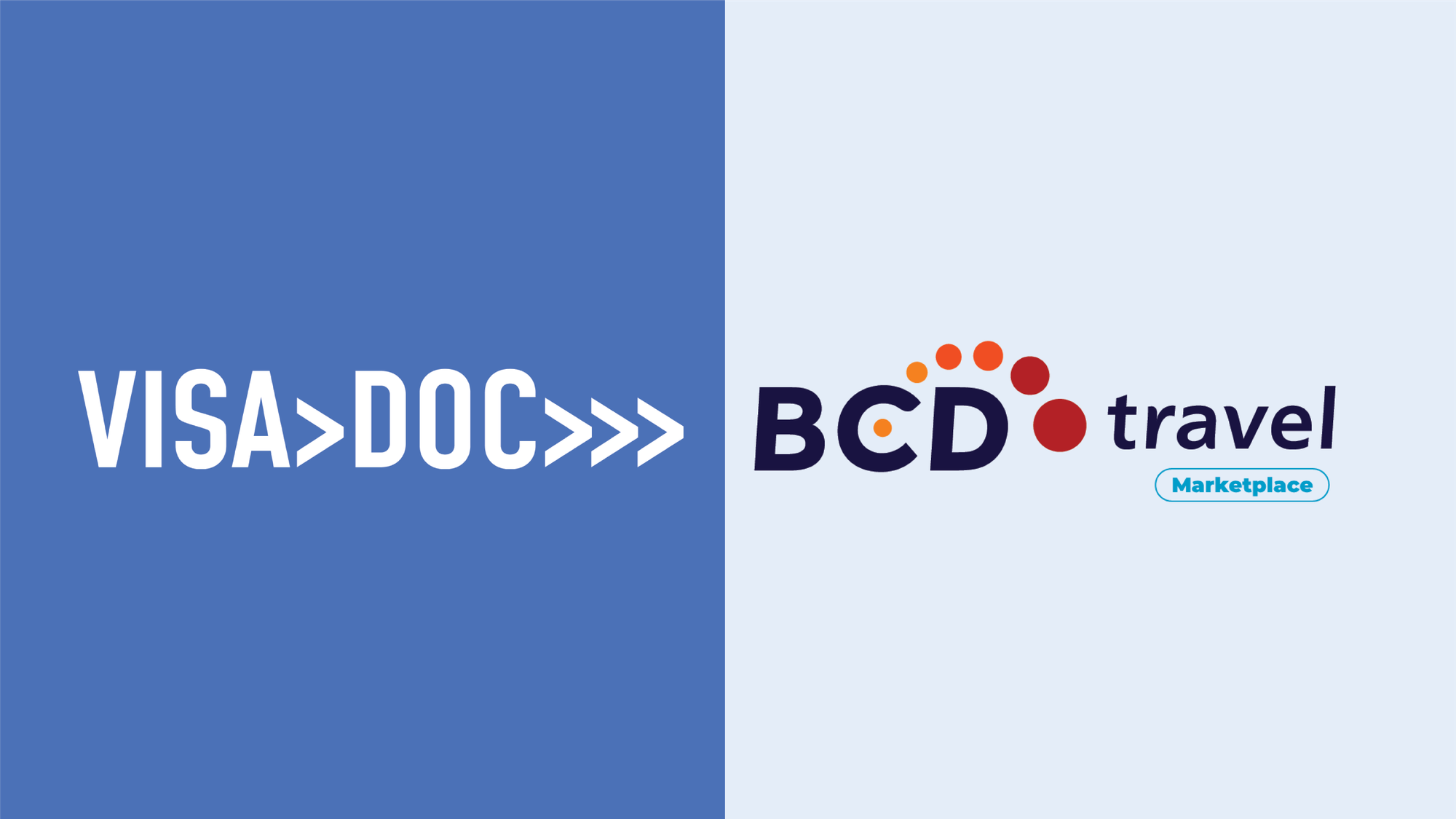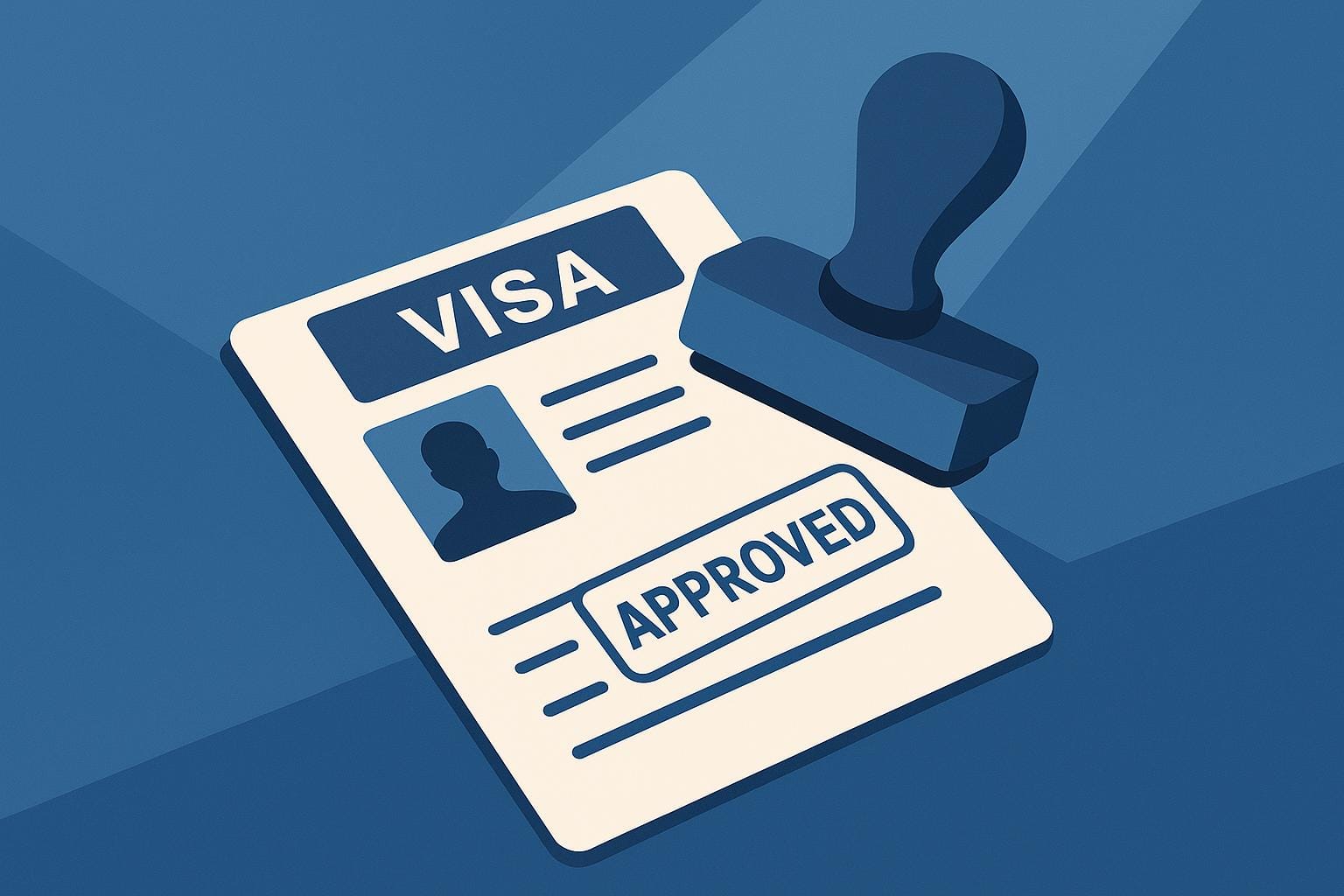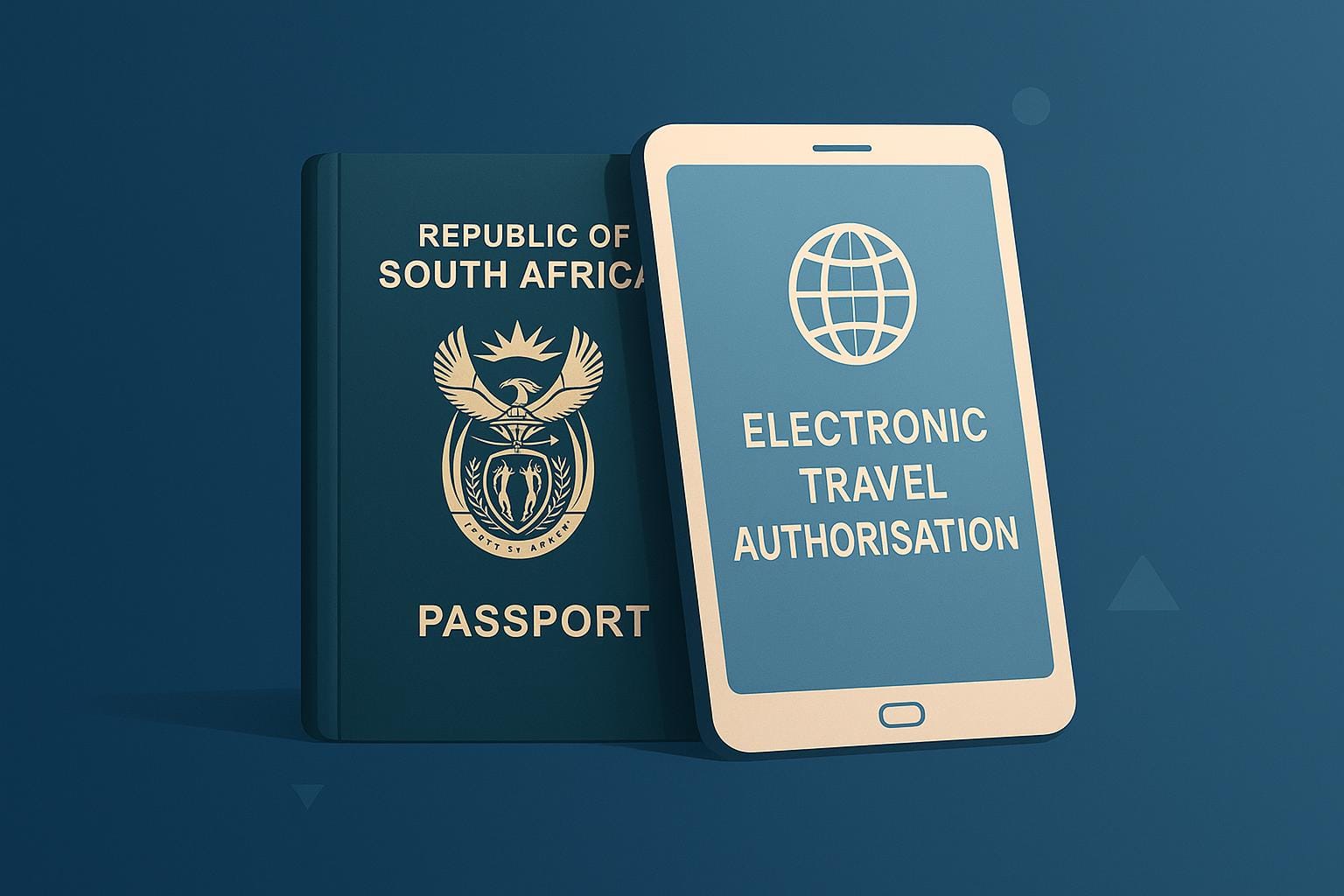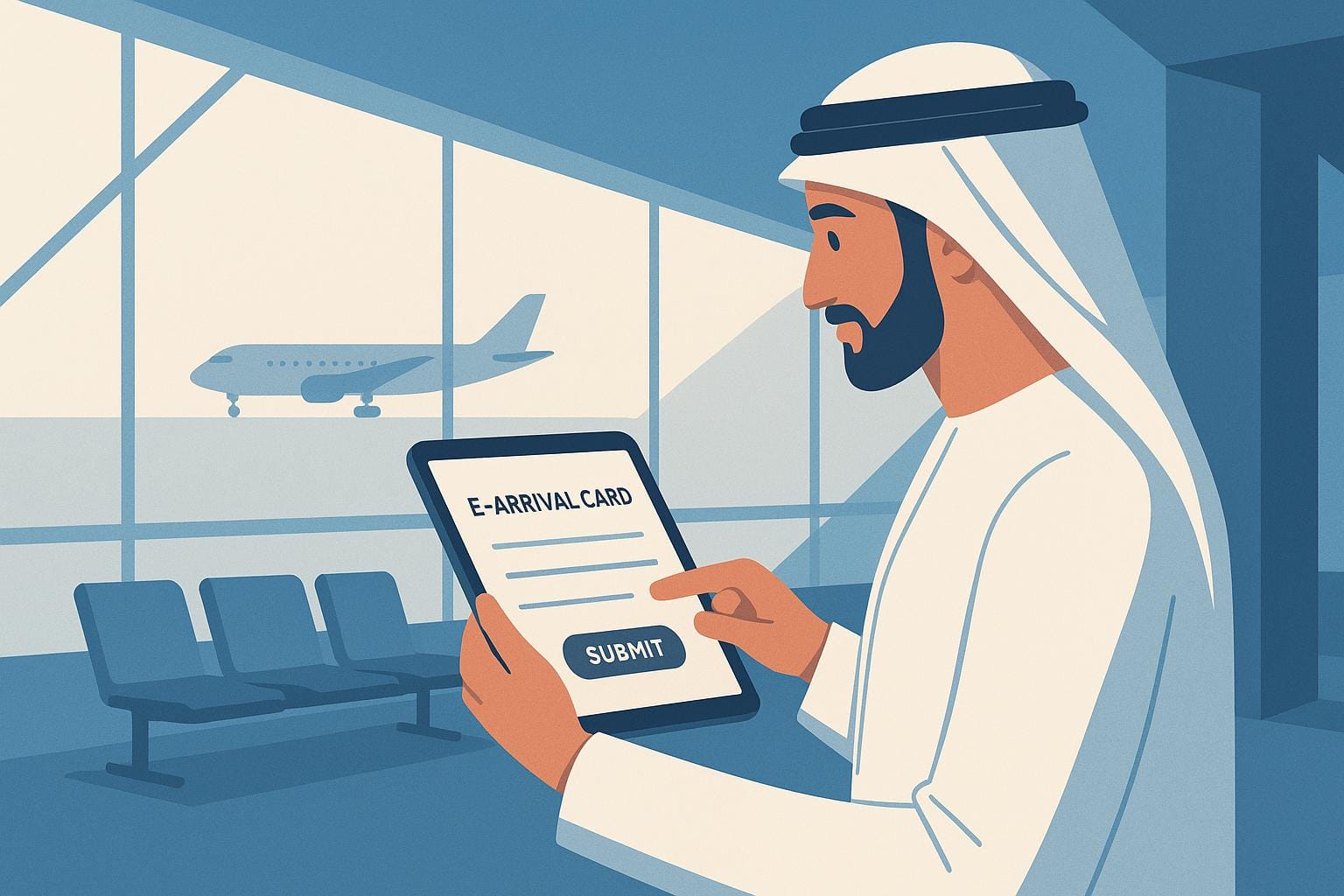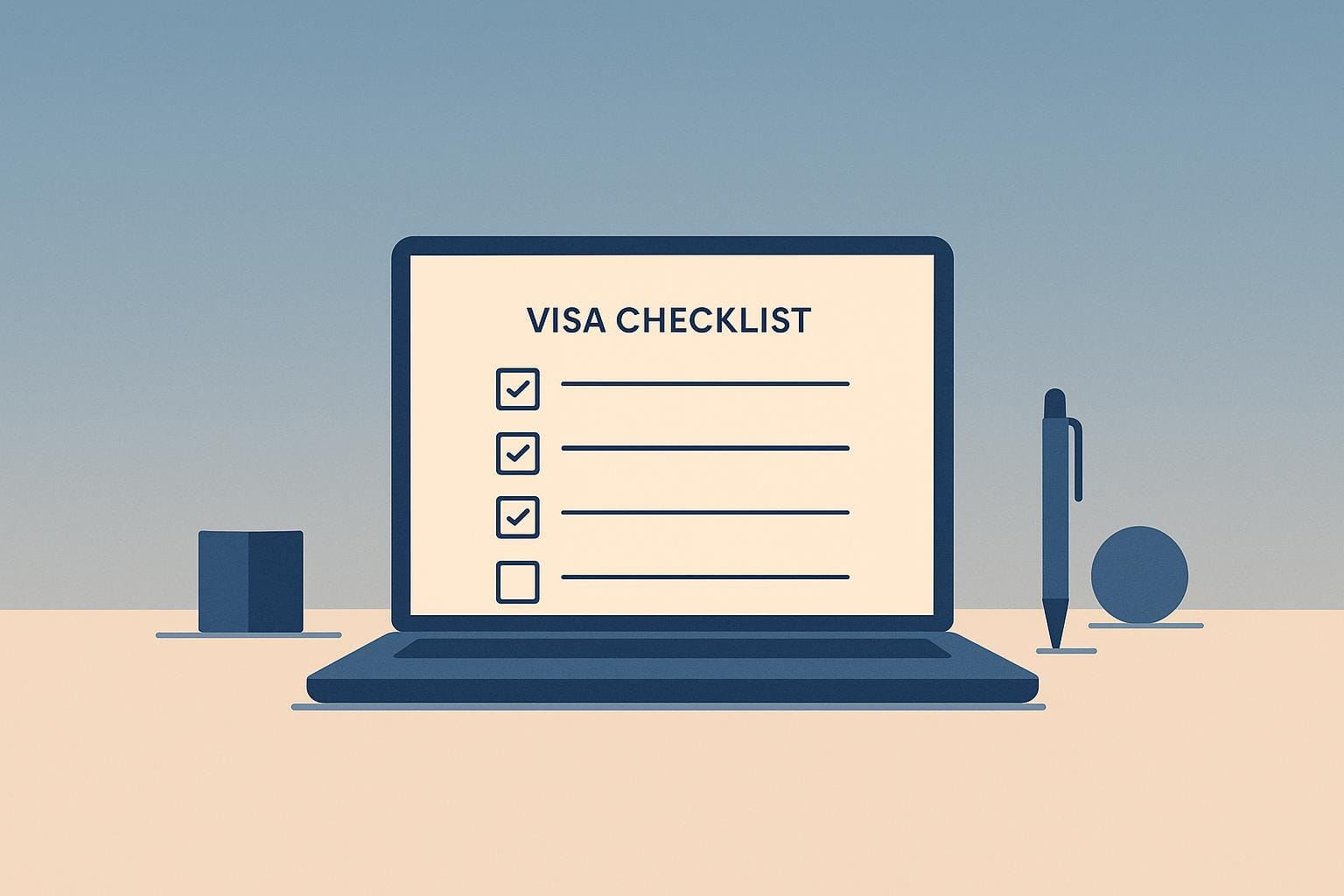In a new initiative aimed at reducing visa overstays, the U.S. Department of State has introduced a 12-month pilot programme requiring certain B-1/B-2 visitor visa applicants to pay a refundable financial bond before their visa is issued. Officially launched on 20 August 2025, the programme will serve as a test case to assess the effectiveness of bond requirements in promoting compliance with visa terms.
Limited introduction to Malawi and Zambia
Initially, the pilot will apply exclusively to nationals of Malawi and Zambia. While the scope is currently restricted, the U.S. government has reserved the right to expand the programme to other countries with a notice period of 15 days.
Bond details and compliance
Under this initiative, bond amounts will be set at $5,000, $10,000, or $15,000, depending on the determination of U.S. consular officers. These bonds are fully refundable, provided that visa holders comply with all stipulated conditions, including leaving the United States within their authorised stay period. The programme specifically targets individuals perceived as higher-risk for overstaying or having identity-related concerns.
Restricted travel conditions
Visa holders participating in the pilot programme will face additional travel restrictions. The issued visas will only be valid for single-entry use and must be utilised within three months of issuance. Once in the United States, the maximum stay allowed is 30 days.
Further limiting flexibility, participants will be required to use one of three specific U.S. airports for entry and departure. The designated airports are:
- Boston Logan International Airport (BOS)
- John F. Kennedy International Airport in New York (JFK)
- Washington Dulles International Airport (IAD)
Implications for employers
The programme’s requirements may pose logistical and financial challenges for employers sponsoring travel by nationals of Malawi and Zambia. Employers may need to cover the visa bond costs for travellers on essential business trips. Additionally, the restrictions on both the duration of stay and designated entry/exit points may complicate travel planning and scheduling.
Companies are also encouraged to maintain thorough documentation of their employees’ compliance with visa terms, particularly evidence of departure, to ensure the timely refund of the financial bond.
Strategic significance
This pilot project reflects the U.S. government’s continued focus on addressing issues related to visa overstays and identity verification. While limited in scope, the framework of the programme is designed for potential expansion, either to additional countries or other visa categories, depending on its results.
By testing the feasibility of bond requirements as a compliance tool, this initiative could signal broader policy changes in the future. Employers and prospective travellers are advised to remain informed on developments and consider alternative solutions, such as remote engagements, where applicable.



